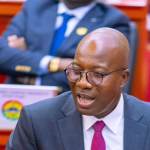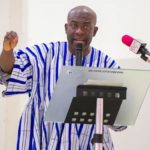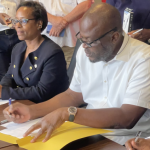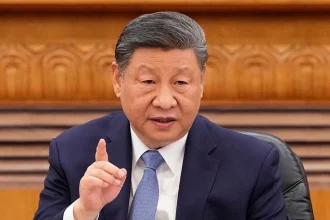Robert Mugabe’s relatives say he died a bitter man nearly two years after he was forced to hand over power to current President Emmerson Mnangagwa – and his bitterness, even in death, is creating feuds.
In an African traditional context, the dead can speak, often through a vengeful spirit that is believed to respond violently against erstwhile tormentors. Therefore, the spirit needs to be appeased to avoid the risk of being destroyed by it.
If Mugabe’s temperament in real life could be measured against the intensity of his supposed potential vengeful spirit, it would be like the molten lava that has recently been spewing from Mount Nyiragongo in the Democratic Republic of Congo, consuming everything in its path.
Mr Mugabe was a Catholic, partly raised by missionaries who had immense influence in his upbringing. But he never abandoned all of the traditional beliefs.
‘Spiritual power’ of political hero
Often at the national shrine where independence-era heroes are buried, Mugabe used to invoke the “spirit medium” of the liberation war hero, Mbuya Nehanda, who was hanged by the British colonialists towards the end of the 19th Century.
She is believed to have said that her bones would rise against the white colonial settlers. This became a spiritual mantra, feeding into African nationalist resistance.
Last week, President Mnangagwa unveiled a statue of Nehanda in the heart of the capital, Harare.
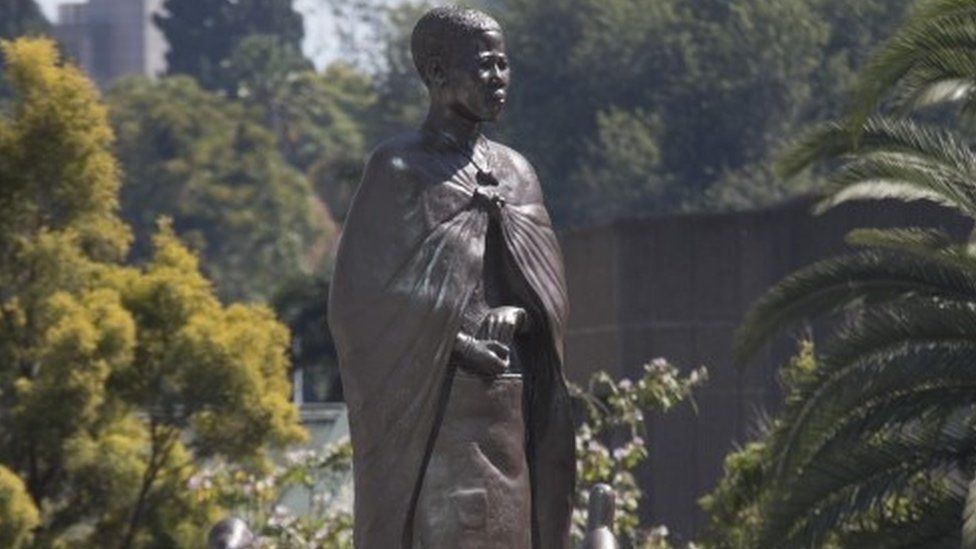 Mbuya Nehanda’s head was taken as a war trophy by British forces (EPA)
Mbuya Nehanda’s head was taken as a war trophy by British forces (EPA)Some saw it as a ploy to capitalise on the legacy created around her, given that his plan to have his 95-year-old predecessor buried in a special grave at Heroes Acre had been stymied.
This would have given him the opportunity to visit the shrine, and invoke Mr Mugabe’s spirit for political gain – despite the fact that he ousted his former comrade from power in 2017, thwarting then-First Lady Grace Mugabe’s ambition to become the next president.
Mrs Mugabe denied Mr Mnangagwa the opportunity, insisting that it was the former president’s wish to be buried at his family home in Zvimba, next to his mother Bona.
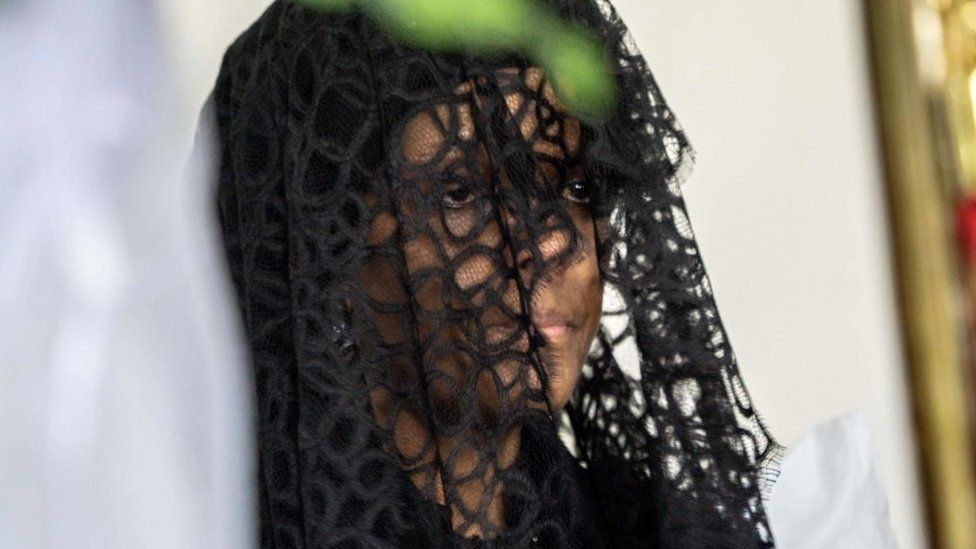 Grace Mugabe worked as Robert Mugabe’s secretary before they married in 1996 (GETTY)
Grace Mugabe worked as Robert Mugabe’s secretary before they married in 1996 (GETTY)Anthropologist Joost Fontein – author of The politics of the dead in Zimbabwe: Bones, Rumours and Spirits – offers a different explanation for the former first lady’s decision.
“She didn’t want him buried next to Sally [Mugabe’s first wife] because she knows Sally remains much more popular than she will ever be.
“But also she probably seeks to deny the new regime the legitimacy that Mugabe’s burial at Heroes’ Acre would bestow upon them,” he says.
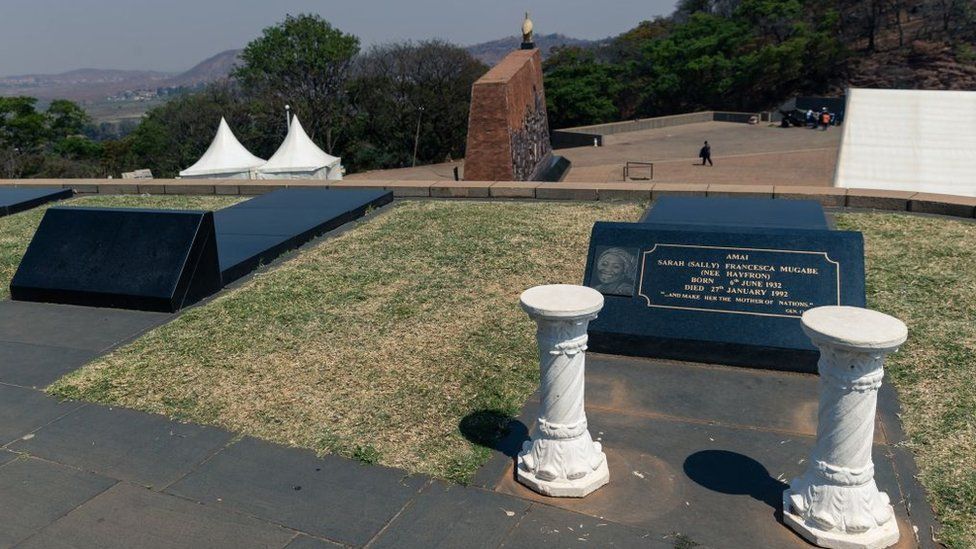 An empty space lies next to the grave of Sally Mugabe at Heroes Acre (GETTY)
An empty space lies next to the grave of Sally Mugabe at Heroes Acre (GETTY)These tensions burst into the open last month, when a traditional chief in Zvimba ruled that Mrs Mugabe was guilty of breaking traditional norms by burying her husband in the courtyard of his home.
Mrs Mugabe – who is reportedly unwell, and in Singapore – did not attend the hearing, but the chief ordered her to pay five cows and a goat as a fine.
The former president’s nephew Leo Mugabe dismissed the ruling, saying the chief had no jurisdiction over the matter.



